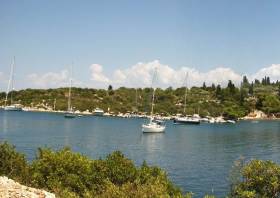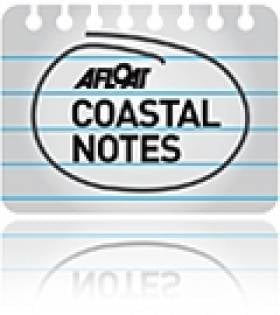Displaying items by tag: Greece
#Greece - A British oil executive has spoken of his heartbreak over the loss of his 15-year-old son in a freak boating accident in Greece last weekend.
As Mail Online reports, Toby Finnett died after falling overboard into the propellor of the RIB his father Paul Finnett was helming off Paxos last Saturday (14 July).
Paul, an experienced sailor, jumped into the choppy waters to drag his son back on board and sped back to shore to get help, but the teenager was pronounced dead at a local hospital.
“We are numb – there is no pain like losing a child,” said Paul of his family’s grief, adding that the tragedy occurred when Toby “lost his balance in the blink of an eye trying to get closer to his brothers who were at the front of the boat.”
Mail Online has more on the story HERE.
Ireland's Bathing Spots Among Cleanest in Europe
Ireland has ranked fifth in a new Europe-wide report on bathing water quality - but some beaches in Northern Ireland are falling short of strict EU standards.
MEP Jim Higgins welcomed the results of the annual Bathing Water Report for 2010, saying: "Ireland's scenic attributes are a primary reason for attracting tourists and it is essential that our coastal and inland bathing sites are also enticing."
Ireland has moved up five places from its overall rank of 10th in 2009, with 90.1% of all bathing water sites meeting the EU's Blue Flag guidelines for water quality at beaches and swimming spots.
However, the Daily Telegraph reports that a number of beaches in Northern Ireland and other parts of the UK were judged to be 'poor'.
Beaches at Newcastle and Ballyholme in the North are among 16 across the UK that did not pass the EU's strict checks for Blue Flags.
The 2010 report ranks Cyprus as the cleanest bathing spot in Europe, with 100% of sites passing EU insspection. It was closely followed by Croatia with 97.3%, Malta at 95.4% and Greece at 94.2%.





























































